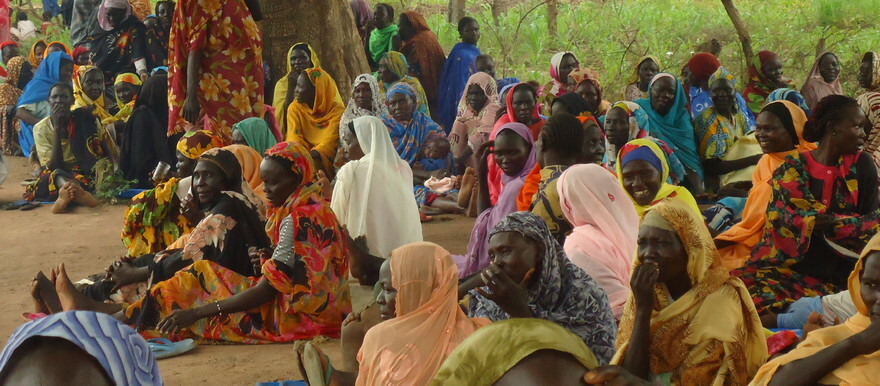A coalition of Sudanese women, including political figures and activists, has initiated the “We Are Capable” campaign to address male domination. This movement stems from recent restrictions on women’s participation, allowing only 30% representation in civil force meetings held in Addis Ababa, Ethiopia, last month.
Speaking to Radio Tamazuj Saturday, activist Nahla Al-Khazraji, representing Darfur, voiced her strong opposition to this limited percentage. She argued that it fails to address the needs of Darfur women, who have endured the consequences of war and suffered egregious violations. According to Nahla, the 30% allocation reflects the prevailing disregard for women’s issues among political leaders.
“This is not surprising given the male mentality, as political leaders continue to downplay women’s concerns. The 30% vote in the consultation meeting of civil political forces in Addis Ababa is evidence of this,” Nahla explained.
Advocating for gender equality, Nahla called for a more equitable distribution, suggesting a 50% representation for women alongside men. She emphasized the pivotal roles women have played throughout Sudan’s history, both ancient and modern.
Meanwhile, activist Nihal Mohammed bin Idris emphasized the role of the feminist movement in driving social change during an interview with Radio Tamazuj on Thursday. She highlighted the historical support of religious and political leaders during its early stages.
Nihal stated, “In modern Sudanese history, women have actively engaged in social and political spheres from a young age. They have occupied diverse roles in fields such as medicine, education, and diplomacy.”
Maryam Hamed, another activist, expressed deep concern about the current state of affairs for Sudanese women, describing it as a period marked by the gravest violations and horrifying crimes. She emphasized the urgent need to address the ongoing war and the severe violations women are enduring.
Maryam articulated, “In this time of history, Sudanese women are exposed to the most horrific types of violations and crimes. We are thinking about how to stop the war and violations to which we are exposed, but unfortunately, we are distracted by relatively secondary issues.”
Since April, forces loyal to army chief Abdel Fattah al-Burhan — Sudan’s de facto head of state — have been at war with the paramilitary Rapid Support Forces (RSF) commanded by his former deputy, Mohamed Hamdan Daglo.
More than 10,000 people have been killed in the Sudan conflict so far, according to a conservative estimate by the Armed Conflict Location & Event Data project.
But aid groups and medics have repeatedly warned the real toll exceeds recorded figures, with many of those wounded and killed never reaching hospitals or morgues.
The war has displaced more than 4.8 million people within Sudan and has forced a further 1.2 million to flee into neighbouring countries, according to UN figures.




